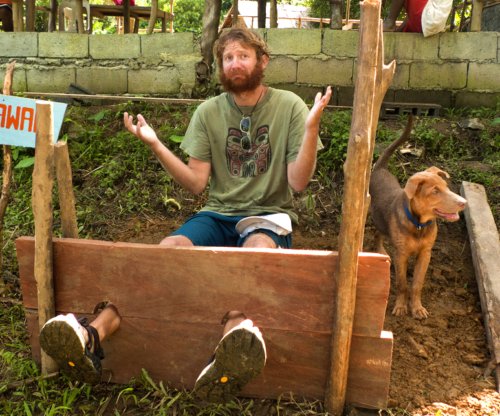In order to exercise creativity, freedom of thought is essential. – Dalai Lama

You don’t want to be surprised if you create something outside the limits, right? Understand what you want to do (and why you do), then decide if it is worth the risk of punishment.
What does that mean?
This quote is about one aspect of the creative process. How are you creative, and what are some of the essential parts of it?
The quote says that freedom of thought is required. I don’t know about you, but I find it difficult to be creative when there are too many restrictions on what or how I can do when I am trying to be creative.
In my opinion, the quote explains a lot of art that comes from totalitarian regimes. When everything has to conform to narrow and pre-defined forms, it can be really difficult to be creative.
Without the ability to think freely, the ability to be creative is restricted. The more restricted the ability to think becomes, the more restricted the ability to create will be.
Why is freedom of thought important?
This is an interesting thought, as many people are for freedom of thought and expression, until someone thinks or says something with which they disagree. That is not true freedom of thought. That is the tyranny of the elite, or the majority, if it is a position held by the bulk of the populace.
The problem with that group of people is their definition of freedom is not really for others to do what they want, but a proscription that others may do what the person thinks is OK. The flip side, of course, is that while you still have the freedom to think as you please, they are likely to make their feelings known.
For a creative person, the lack of freedom can be quite stifling. Imagine a painter being told that all they can paint is still life fruit bowls. How long will they continue to paint? What if a photographer could only take portraits? What if a blogger could only blog about philosophy?
In some cases, one can live within limitations. If you love trying to capture the subtleties of still life, a painter could have quite a bit of fun doing so. A photographer who loves people might do well only doing portraits. And I am having fun “only” doing philosophy on my blog.
The point is that even with some restrictions, there is still many other options available. The problem arises when your passion has been placed in the ‘forbidden’ zone. That is when many people give up. But you still have options, including working around the edges, and ignoring the ban.
Where can I apply this in my life?
That would depend in large part on you and your circumstances. In what parts of your life do you feel creative? Which of those areas are hampered by a lack of freedom of thought? From where does that lack of freedom come? What is the enforcement for those who cross the line?
Take a moment and consider those questions. Grab some paper and start with the first question. In what parts of your life are you creative? When you cook, do you experiment with different foods, or even with the recipe, or do you go exactly according to the book? Pizza at 395 is about as creative as I get.
That was an example, but there are many other places in your life where you do your own thing, and create new things, ideas, or methods. What is on your list? If it is short, you’re either as boring as I am, or you aren’t digging into your life very deeply. You could always ask a friend for hints.
Take a look at the list and consider what of the items on the list have limits placed on them? What are the limits on your freedom of thought, and how does that hamper your creative process? Think about that for a bit, and then write down the limits and the impact it has next to each item.
Now consider each of the items, and from where the limitations originate. Is it a line you decided at some point you didn’t want to cross? Is it something your society considers inappropriate? Is it something immoral or illegal? Take a moment and jot down these answers by each. It might take some time, but self-exploration is a freedom we all have.
Take a moment and consider why you desire to break that ban on your freedom. Remember that the banned thought will become part of your creative process, and ultimately the thing you create. Why is it important to be able to think, and eventually do, this forbidden thing? Are you just rebelling against authority? Or is there another reason?
Now comes the important part. What is the penalty for violating the rules? What will those who put the rule in place do to you for daring to flaunt their power? Will you be shunned? Will you go to jail? Will you be exiled from your community? What are the consequences of your potential action?
The final question is what does your freedom to create mean to you? Are you willing to bear the consequences to create the way you wish? Or are the penalties greater than you can bear? That is the question you must answer before you break the rules, for surely you will answer them after you do.
There are alternatives, including working around the edges of the rules. Did you really break the rule, or is that just a Photoshop or some other form of imitation? There are other options as well, and ways of protesting the limitations by creating things which omit what is forbidden. Shame them instead, right?
Nearly everyone is creative in some way or form. Many of us work easily within the limits of our society and even within our own personal limits. But if you cannot, you have some work to do in determining what your path forward shall be, and what you are willing to risk in your creativity.
Freedom of thought will eventually win. What are you willing to do in the mean time? Are you willing to suffer to make your point, or will you find ways to work within the limits?
From: Twitter, @DalaiLama
confirmed at : it’s his own feed…
Photo by Colin and Sarah Northway






